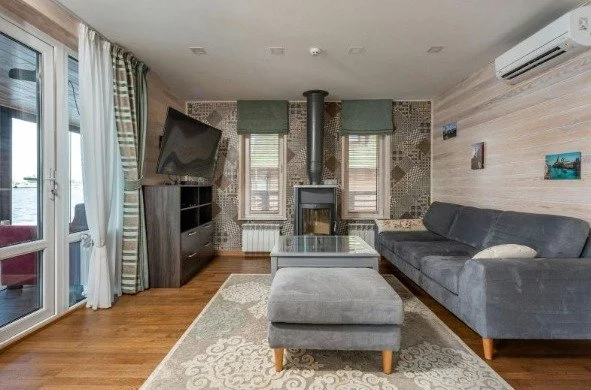Unexpected Events That Can Wipe Out a Property Rental Business
A single storm, a broken lease, or one missed inspection can throw an entire rental business off track. What seems like a steady source of income can quickly fall apart when the unexpected hits. In recent years, more property owners have faced costly setbacks from tenant disputes, surprise code violations, and natural disasters that stall operations for weeks—or longer.
Landlords put in the work: they screen tenants, keep up with maintenance, and try to stay current on local rules. But even with the best efforts, surprises still slip through. A burst pipe or legal tangle can turn into lost income and strained tenant relationships. The difference often comes down to preparation—spotting the risks early and having a game plan before things spiral.
Natural Disasters That Bring Legal and Financial Trouble
Places prone to natural disasters often face more than just structural damage. After a hurricane, delayed insurance payouts can disrupt a landlord’s cash flow, sometimes escalating into legal disputes that slow recovery efforts. Getting guidance from a hurricane damage attorney can help property owners manage coverage issues and protect their finances during the rebuilding process.
Even smaller damages can force tenants to move out temporarily, leaving units empty and income lost. Problems like mold can make things worse, leading to expensive cleanups and more disputes with insurance companies and tenants. One way to manage this is to have strong insurance coverage that allows for fast claims processing, which can ease financial pressure.
Tenants Who Leave or Damage Property Suddenly
Even reliable tenants can take a sharp turn. Some cause damage that goes way beyond the security deposit, leaving you with surprise repair bills and unexpected downtime. You might even uncover hidden problems during cleanup, making things worse. Sudden move-outs—especially during peak rental seasons—can create a scramble to find new tenants while competing listings flood the market.
Unauthorized subletting adds more headaches, from liability risks to wear and tear you didn’t sign up for. Staying on top of lease terms and checking in with tenants regularly can help you catch red flags early and avoid bigger fallout.
Code Violations That Stop Rentals Cold
To stay open, property owners have to meet certain local codes. A missed fire code issue, for example, can have big consequences. Fixes may force tenants out temporarily, stopping rental income and damaging tenant trust, which can be hard to repair.
Old renovations done without permits can cause new owners big headaches. They're often responsible for fixing things they didn't know were illegal, and that gets expensive. On top of that, errors by utility companies can cut off services, upsetting tenants and hurting the property’s image. Keeping organized records and doing regular inspections can help avoid these problems.
Equipment Failures That Lead to Emergency Costs
Key systems like HVAC, elevators, and plumbing are essential in any rental. When they break down, they cause major disruption. If an HVAC unit fails during extreme weather, tenants might need to move out until it’s fixed, especially if indoor temperatures drop below safe levels or humidity leads to indoor condensation. That puts pressure on owners, who are often legally required to provide livable conditions.
In tall buildings, a broken elevator makes upper floors hard to access, so those units may sit empty until repairs are made. Plumbing issues can become serious legal problems if they affect living conditions. Regular upkeep of these systems cuts down the chance of sudden breakdowns, helping to protect both rental income and tenant satisfaction.
Vendor Problems That Mess With Daily Tasks
A rental business depends on solid relationships with service providers. When a vendor doesn’t deliver, it can cause problems fast. If a cleaning crew skips their duties—even just missing scheduled hallway cleanings or trash pickups—tenants start to complain and lose faith in how the place is managed. If this keeps happening, it could lead to injuries or damage—and legal trouble.
Security vendors are just as important. If monitoring lapses, properties may get vandalized or robbed, hurting both finances and reputation. That kind of incident can scare off future renters. Messy landscaping or missed snow removal can also make areas unsafe and expose landlords to lawsuits or city fines. Having clear contracts and regularly checking vendor performance can keep things running more smoothly.
Running a rental business means dealing with unexpected problems—bad weather, tenant issues, broken equipment, or vendors dropping the ball. These things can mess with your income fast. The best way to stay steady is to stay ready. Keep leases tight, do regular check-ins, and make sure insurance and vendors are solid. When problems do pop up, having a plan helps you bounce back quicker and with less stress. You don’t need to control everything, just stay a step ahead. Being organized and staying on top of things makes the rental game smoother—and helps you avoid bigger headaches later.


